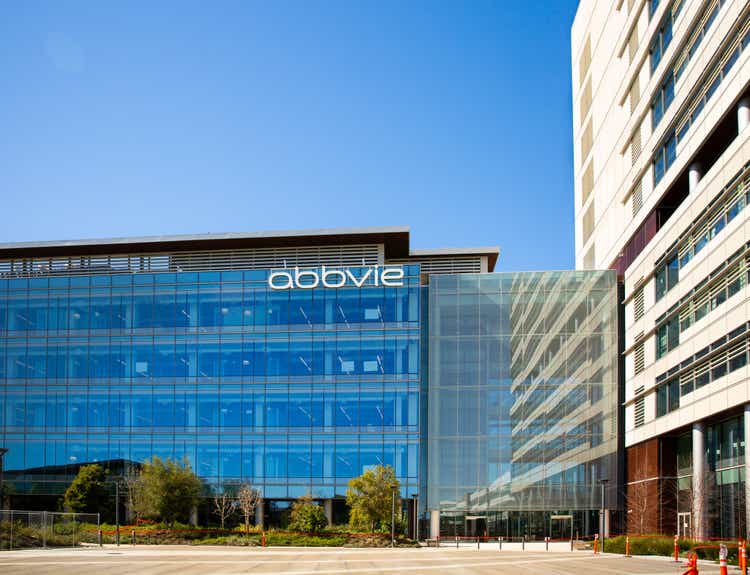
vzphotos
AbbVie (NYSE:ABBV) has continued to maintain near 100% market share for its blockbuster arthritis therapy Humira (adalimumab) despite deeply discounted biosimilars entering the U.S. market more than a year ago, according to a report from generic drug maker Samsung Bioepis.
In its latest quarterly biosimilars report, the South Korean company said that AbbVie (ABBV) had 96% of the adalimumab market share as of February 2024, a year after launching the first off-patent version of the drug in the U.S.
Amgen (NASDAQ:AMGN) launched the first biosimilar to Humira in the US last year along with the launch of Amjevita/Amgevita in late January.
Several other copycat releases from companies like Novartis (NVS) spinoff Sandoz (OTCQX:SDZNY) (OTCQX:SDZXF), Coherus BioSciences (CHRS), Fresenius (OTCPK:FSNUF) (OTCPK:FSNUY), Organon (NYSE: OGN)/Samsung Bioepis and Pfizer (PFE) followed suit.
Others, like Viatris (VTRS), have yet to finalize launch dates. More recently, generic drug makers Teva Pharmaceuticals (NYSE:TEVA) and Alvotech (ALVO) have received US approval for their biosimilar Humira.
Many have launched their products with flexible pricing options, with discounts exceeding 80% in some cases. Some have launched interchangeable versions, allowing pharmacists to replace high-cost brand-name versions without a doctor’s involvement.
However, Humira biosimilars are slowly making progress, with their market share reaching 4% in February, up from 2% in the previous quarter, according to Samsung Bioepis.
The report highlights the challenges generic drug makers face in overtaking established brand-name drugs, in this case Humira, which brought in $21 billion in sales for AbbVie (ABBV) in 2021, making it the best-selling drug in the world for the tenth consecutive year.
A recent report from healthcare analytics firm IQVIA (IQV) highlighted that the US healthcare system can save up to $6 billion if all patients treated with Humira switch to Humira biosimilars.
However, pharmacy intermediaries, known as pharmacy benefit managers, would lose 84% of their profits, mainly due to the rebate schemes they have implemented in favor of Humira.
Major managed care organizations, such as CVS Health (CVS). Cigna (CI), UnitedHealth (UNH), and Elevance Health (ELV) own PBMs in the United States. A change will also impact the revenue of specialty pharmacies, owned by some of these PBMs, since Humira-branded versions are mostly administered in those locations.
Major specialty pharmacy players in the United States include CVS Health (CVS). Cigna (CI), UnitedHealth (UNH), Humana (HUM), Walgreens (WBA), Centene (CNC), McKesson (MCK), Walmart (WMT), and Rite Aid (OTC:RADCQ).
Recently, German drugmaker Boehringer Ingelheim was forced to cut its U.S. sales force, pointing out that its Humira biosimilar fell short of expectations as PBMs kept the branded product on their formularies.
“Even when the plans involve biosimilars, they place the biosimilar on par with the more expensive brand and eliminate any incentive for patients to use the lower-cost biosimilar,” noted Craig Burton, executive director of the industry advocacy group, Biosimilars Council. . “It is critical that Congress pass legislation to curb such PBM abuses,” he added.